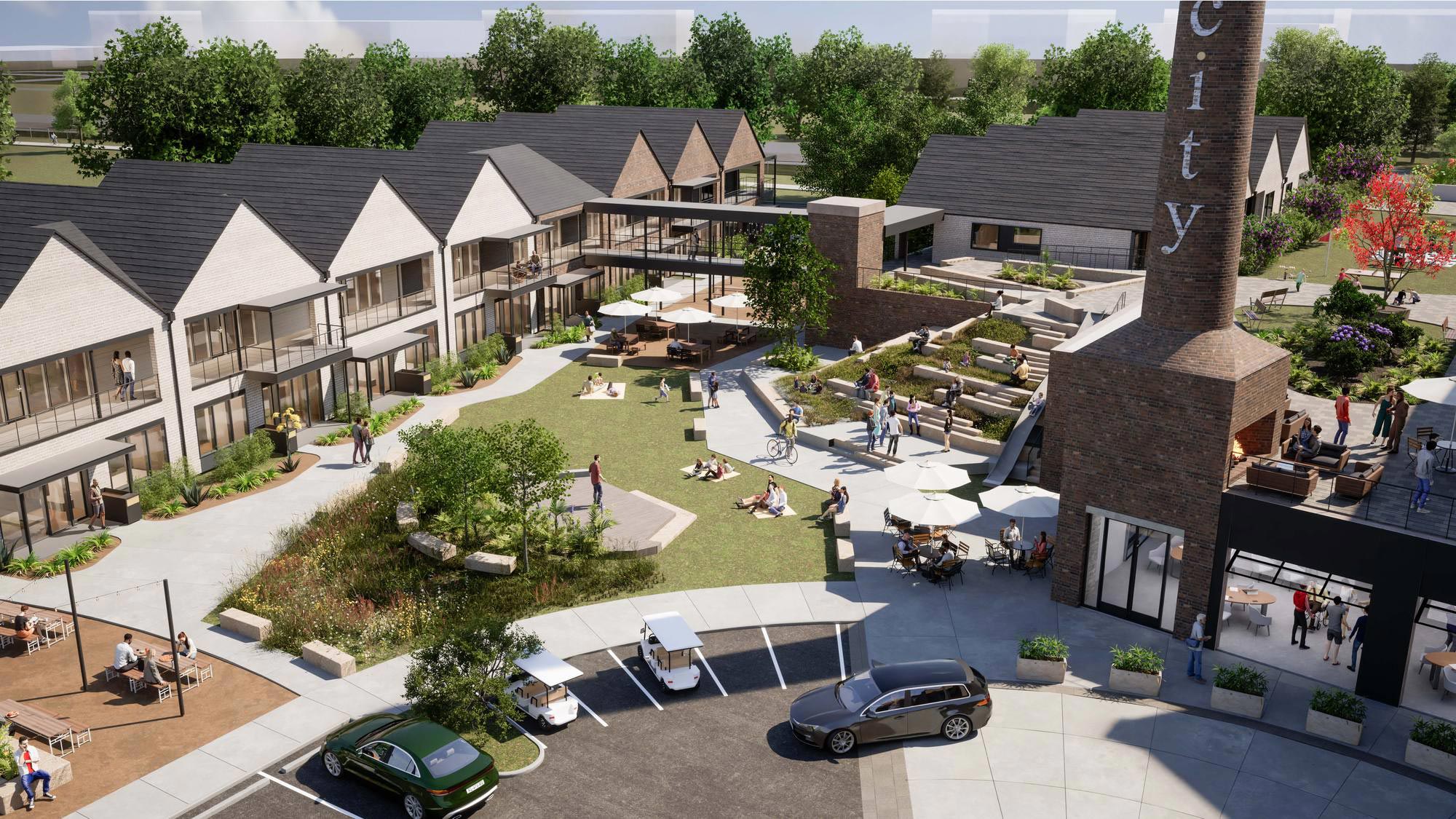Key Takeaways:
- Active senior living embraces comprehensive well-being, incorporating physical, mental, and social health.
- Lifelong learning and volunteer work offer meaningful engagements that enhance the retirement experience.
- Technology is vital in keeping seniors connected to their communities and loved ones.
- Senior-friendly environments and communities are crucial in fostering an active lifestyle among older people.
Embracing Active Living in Retirement
Retirement marks a shift from the daily grind to a phase of life rich with potential for personal fulfillment, relaxation, and adventure. An active lifestyle is a crucial factor that significantly impacts the quality of life during these years. Rather than a time for slowing down, the post-work years are increasingly seen as an opportunity to engage in new activities, strengthen bodies and minds, and connect deeply with communities. Active living philosophies are changing the retirement narrative from a conclusion to a new beginning. Active senior living communities like Westminster offer many benefits that can transform the lives of older adults. These communities provide opportunities for social engagement, physical activity, and mental stimulation, fostering a vibrant and fulfilling lifestyle. By promoting active and independent living, seniors can maintain their health, happiness, and sense of purpose well into their golden years.
The Pillars of Physical Health
Physical health remains the cornerstone of an active senior lifestyle. Regular exercise, whether a daily walk, a swim, or a round of golf, helps maintain strength, flexibility, and balance. It’s not just about avoiding illness; it’s about investing in vitality. Physical activities can reduce the risk of chronic diseases, boost mood, and improve cognitive functions. These activities also open doors to social opportunities that can be just as beneficial as physical ones.
Social Engagement and Mental Acuity
Staying socially active is as crucial as physical fitness. Social interactions can decrease feelings of loneliness, which is often associated with several health issues, including cognitive decline and depression. Book clubs, dance classes, and gaming nights fill schedules and serve as avenues for maintaining sharp minds and building new relationships. These interactions’ camaraderie and shared experiences are invaluable for a well-rounded, joyful retirement phase.
Lifelong Learning: A Never-Ending Journey
The quest for knowledge remains. Retirement can be the perfect time to pursue interests set aside during the busy career years. Whether through online courses, local college classes, or crafting workshops, seniors are taking the reins of their education with benefits beyond mere enjoyment. Lifelong learning keeps the mind engaged, helps preserve cognitive abilities, and brings a sense of achievement and personal growth.
Volunteering: A Pathway to Purpose
Volunteer work during retirement offers more than just an activity to fill time. It contributes to personal fulfillment and societal well-being. For many seniors, it provides an opportunity to use their skills for a cause they’re passionate about, interact with diverse groups, and make a tangible difference in the lives of others. From mentoring youth to working in community gardens, volunteering is a powerful way for seniors to remain active and purposeful.
Staying Connected in a Technological Era
Today, digital literacy is crucial for seniors seeking an active lifestyle. The proliferation of social media, video calls, and various technological platforms has simplified maintaining contact with family, reestablishing connections with long-lost friends, and forming new relationships. It also empowers seniors to continue their education, participate in telehealth visits, and engage with their communities. Technology helps bridge the gap that physical distance can create, allowing for vibrant social lives despite geographical challenges.
A Holistic Approach to Wellness
The modern approach to senior living goes beyond the traditional retirement paradigm, taking a comprehensive view of health that integrates the physical, mental, and social realms. Holistic wellness programs focus on nutrition, exercise, mental health, and socialization. These programs offer tailored activities and resources that support seniors in achieving a balanced lifestyle that nourishes all aspects of their well-being.
The Role of Senior-Friendly Cities
The environment one resides in can significantly influence one’s ability to live actively and comfortably. Cities that offer safe, walkable streets, accessible public transportation, and abundant green spaces create conducive atmospheres that empower seniors to venture out and engage with their surroundings. Through thoughtful planning and adequate facilities and programs, these cities ensure seniors have the infrastructure to support their active lifestyles.
Conclusion
Retirement is no longer seen as the closing chapter but rather a stage for personal reinvention with unbounded possibilities. Active living transforms the retirement experience into one of vitality, connection, and continued growth. By engaging in physical activities, nurturing social connections, embracing lifelong learning, and utilizing modern technologies, seniors are rewriting the narrative of their golden years. The world around them, from community efforts to urban design, plays a pivotal role in this transformation, enabling seniors to live their best lives, rich with purpose and enjoyment.
